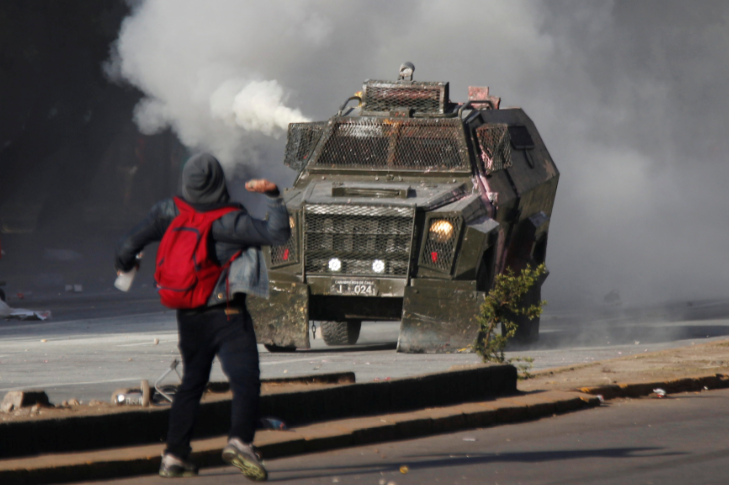Hopes of having the phase one of the trade agreement signed by Chinese President Xi Jinping and US President Donald Trump on the Asia-Pacific Economic Cooperation's (APEC) sidelines was stopped when Chile canceled the regional economic forum.
The South American country has been experiencing days of protests and riots against inequality.
To focus on restoring order and security, Chilean President Sebastian Piñera canceled the November summit of nations of the APEC in the country's capital of Santiago.
The country also canceled the COP25, a United Nations climate-change conference, planned for December.
Alternatives to COP25 are being looked into according to Patricia Espinosa, executive secretary of the U.N.'s framework convention on climate change.
The condition in Chile complicated the efforts of China and US to sign the limited trade agreement to stop new tariffs from taking effect.
However, even if the US says it would try to get the agreement with China signed, finding a new venue wouldn't be easy.
Scott Kennedy, senior trade expert at the Center for Strategic and International Studies in Washington said that although it's a trade agreement, it's a political arrangement as well.
He added that because of this, the two countries "have to choose another venue."
Setting up another meeting is tricky because of the sensitivities in both countries exist on conceding too much to the other.
APEC was nearly ideal, since the leaders of China and the US were both expected to attend alongside with other world leaders, reducing bilateral tensions.
Stephen Vaughn, former chief counsel at the trade representative's office and a partner at law firm King & Spalding LLP, said that even if the cancellation of the APEC complicates things, the US trade representative's office is being hoped to keep working with China to achieve the phase-one results that Mr. Trump announced this month in-principle.
White House spokesman Hogan Gidley said that the US is looking forward "to completing phase one of the historic trade deal within the same time frame."
The deal that was expected to get signed doesn't yet include major changes to China's economy that would have its government curbing subsidies or preventing the transfer of foreign technology when companies enter the Chinese market.
Such issues would be resolved in future phases of trade deals if both countries agree to continue.
The partial deal includes required major purchases of China of American agricultural products, rules to deter currency manipulation, provisions preventing intellectual property theft and a few other trade issues.
Business groups were counting a lot on this mini-deal signing to stop the US from putting tariffs on apparel, cellphones and other Chinese goods starting Dec. 15.






